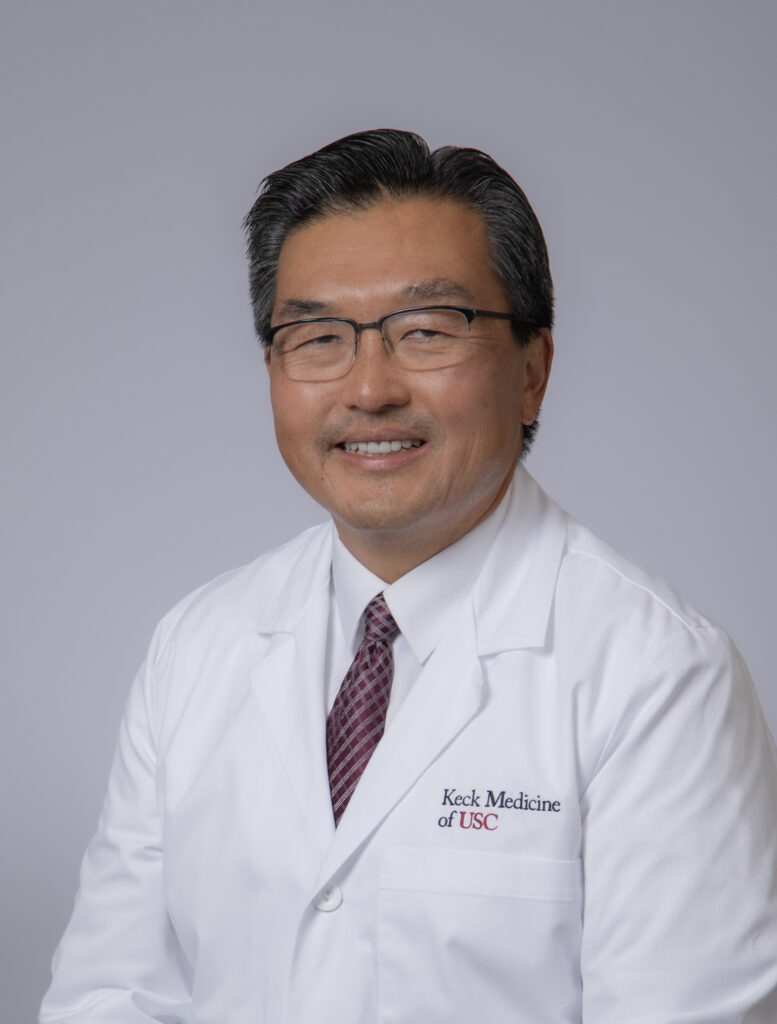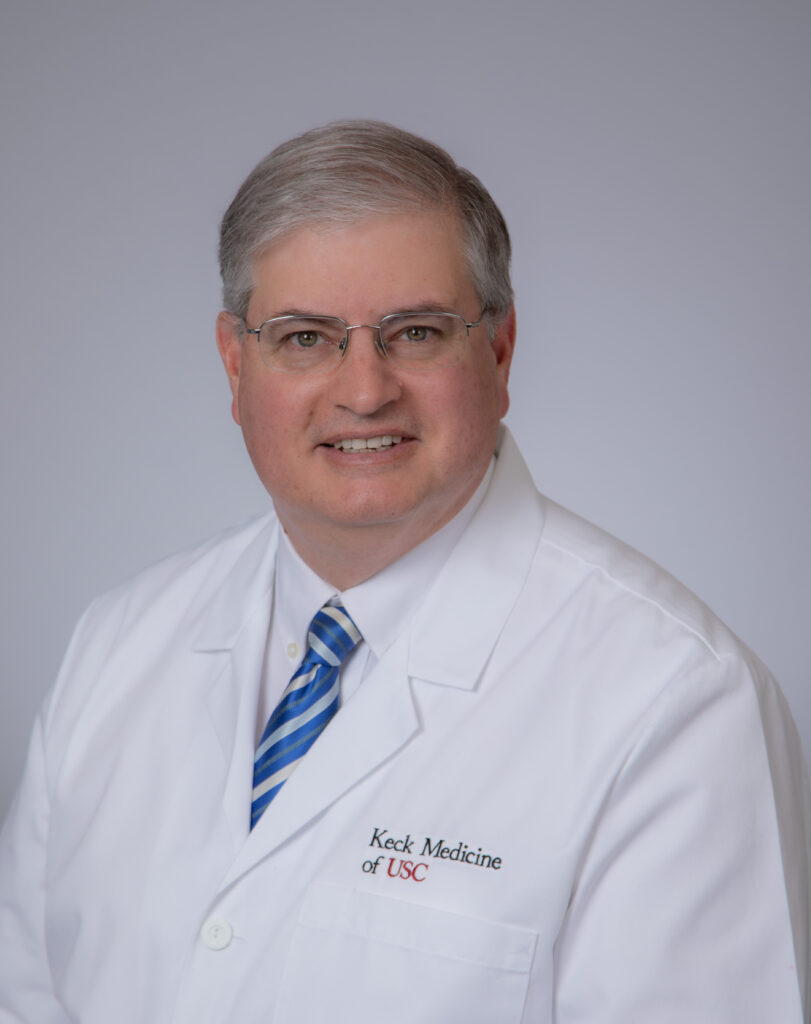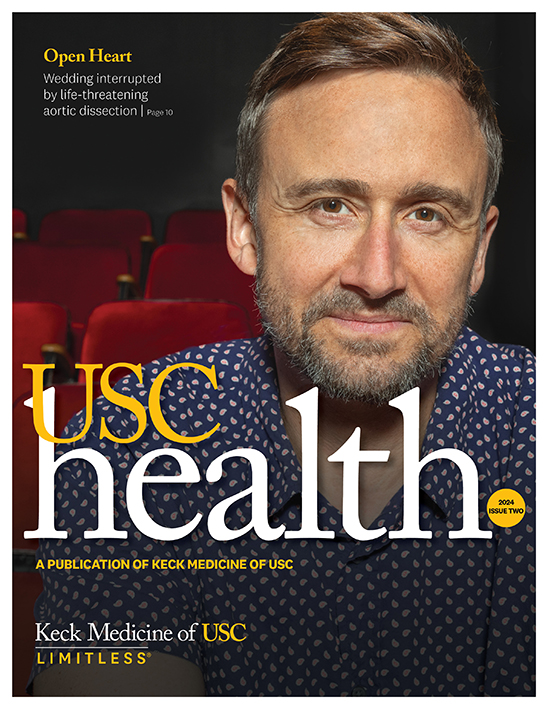
Finding a specialist that best suits you is not always straightforward. Hear from two Keck Medicine of USC experts about how to approach your search.
Trying to find the right specialist to treat your condition can be stressful. Where should you begin? How do you decide?
Two experts from Keck Medicine of USC share their advice.
Michael Young Lee, MD, primary care physician, USC Family Medicine
Primary care clinicians can offer recommendations, but it’s up to you to choose. Online reviews can help, but may not paint an accurate picture, so I don’t advise using them as the primary reason to choose a specialist.
Look for a convenient location, then consider each doctor’s qualifications.
Where did they study? How experienced are they with your specific health issue? Do they have a philosophy of care?

“The specialist should take their time, listen without interrupting and clearly explain their recommendations.“
Michael Young Lee, MD
During your first visit, pay attention to how you feel about the experience. The specialist should take their time, listen without interrupting and clearly explain their recommendations.
You’ll also need a reliable communicator who will keep your primary care clinician informed. If you don’t feel comfortable choosing them, don’t worry — you have the right to see other specialists until you find a good fit.
If your primary care clinician can recommend a specialist because they’ve treated their patients well, that means a lot, so it may be worth seeing them even if the location isn’t as convenient.
J. Dominic Femino, MD, chief, USC Sarcoma Program
Start by seeing your primary care clinician, especially if you have symptoms. Their insight will point you in the right direction.
It can be challenging to find the right specialist. You can start by looking at the websites of major medical centers because many specialists are affiliated with these institutions.
When choosing a specialist, make sure that they actually treat your problem.

“Do not settle for less than a specialist who makes you feel heard, respected and supported.“
J. Dominic Femino, MD
Look for specialists in your insurance network and consult advocacy groups for assistance.
For rare diseases, focus on centers specializing in your condition. For example, sarcoma patient outcomes are much better at sarcoma centers than places that only see a few sarcomas a year.
Finally, you will need to like the physician and staff. Do not settle for less than a specialist who makes you feel heard, respected and supported.
Topics


